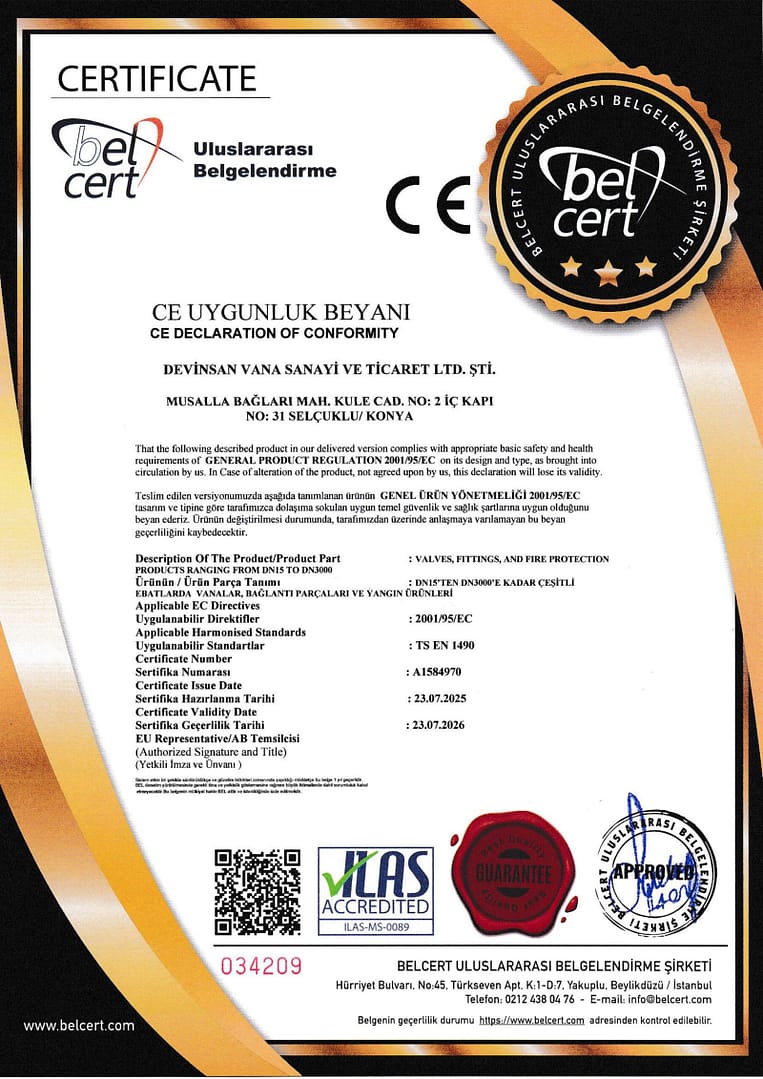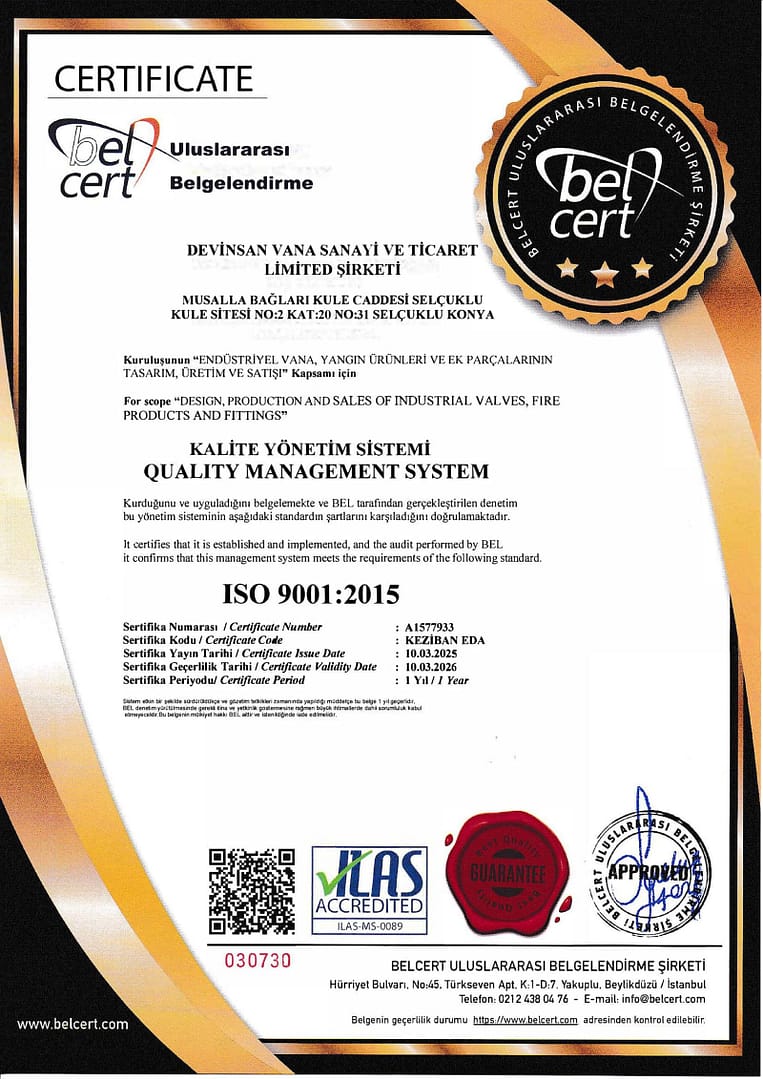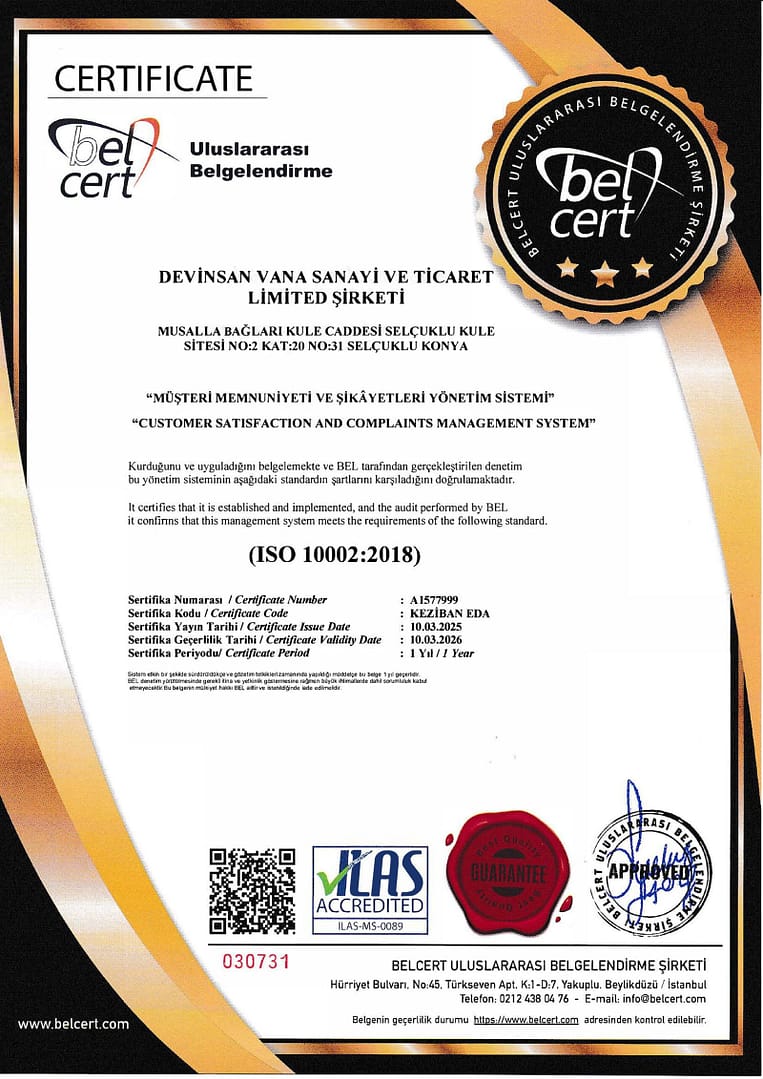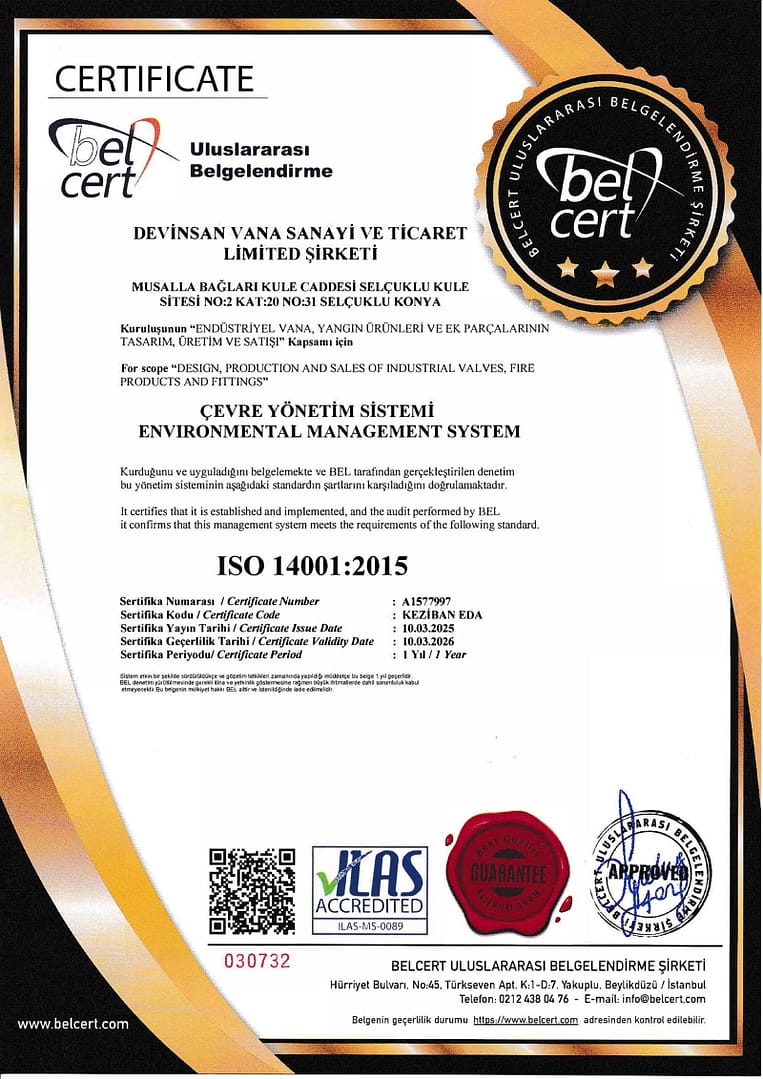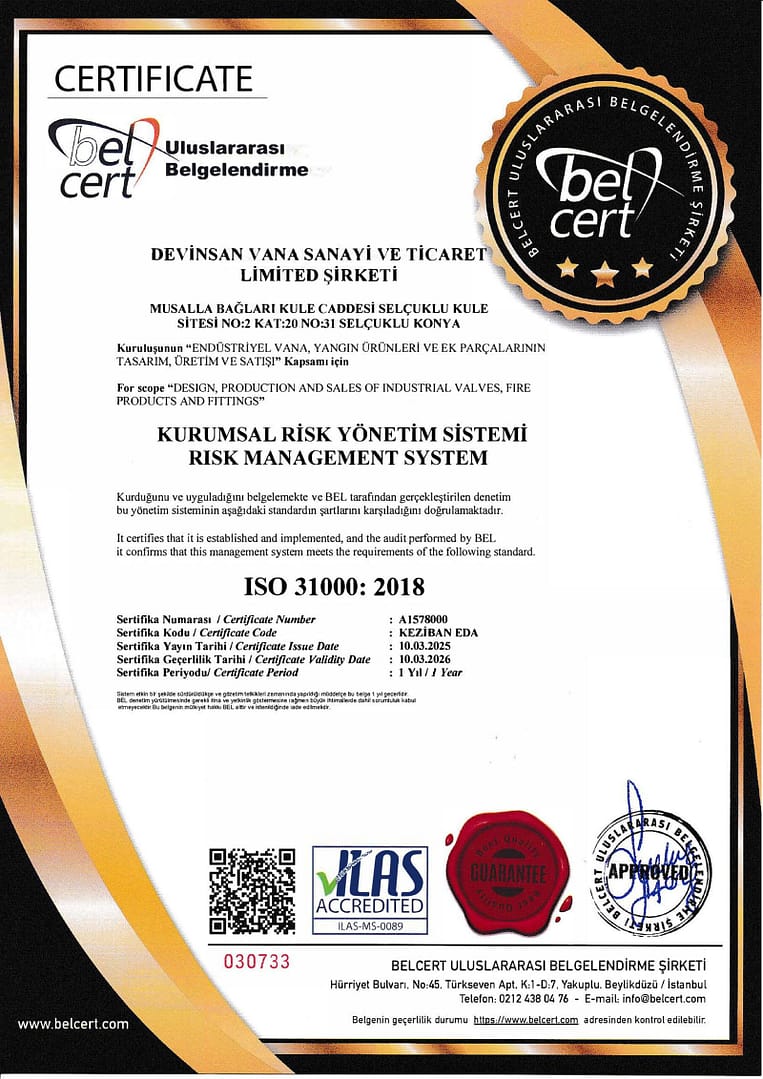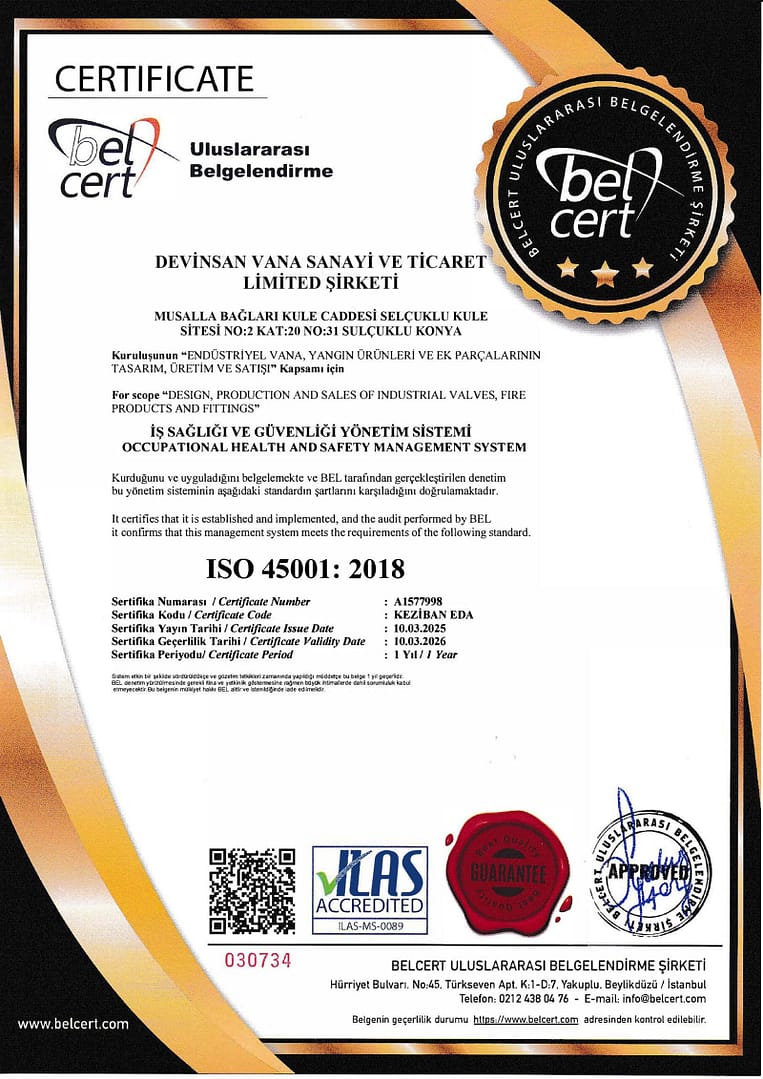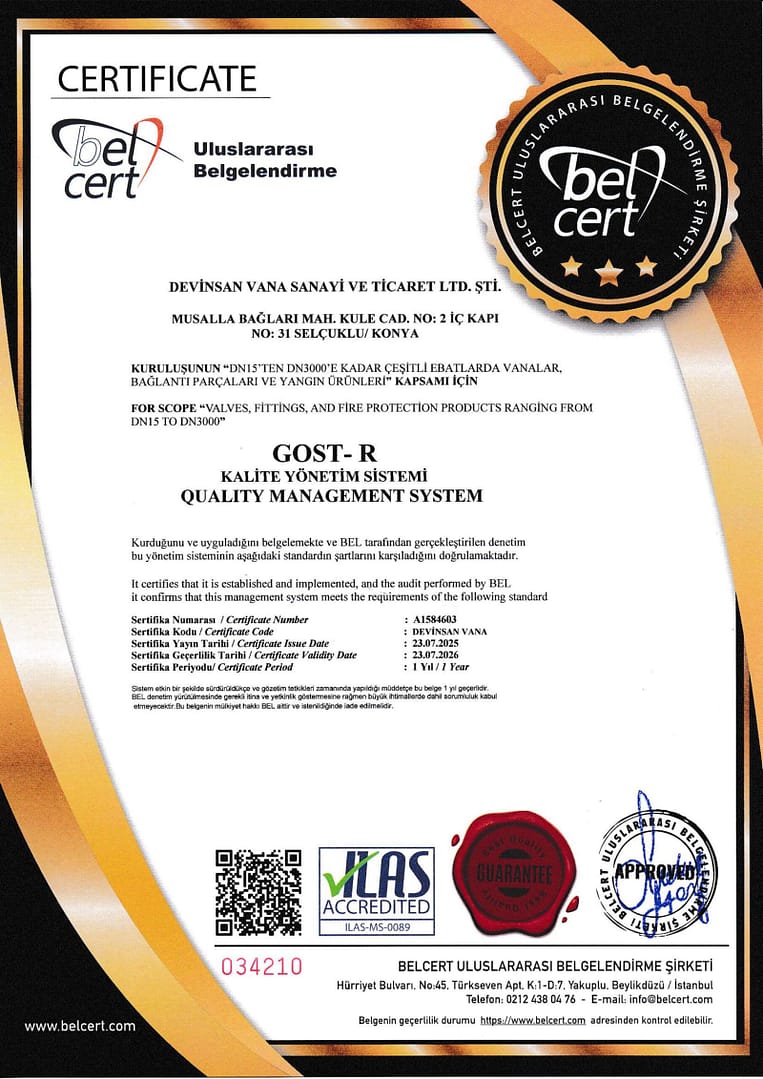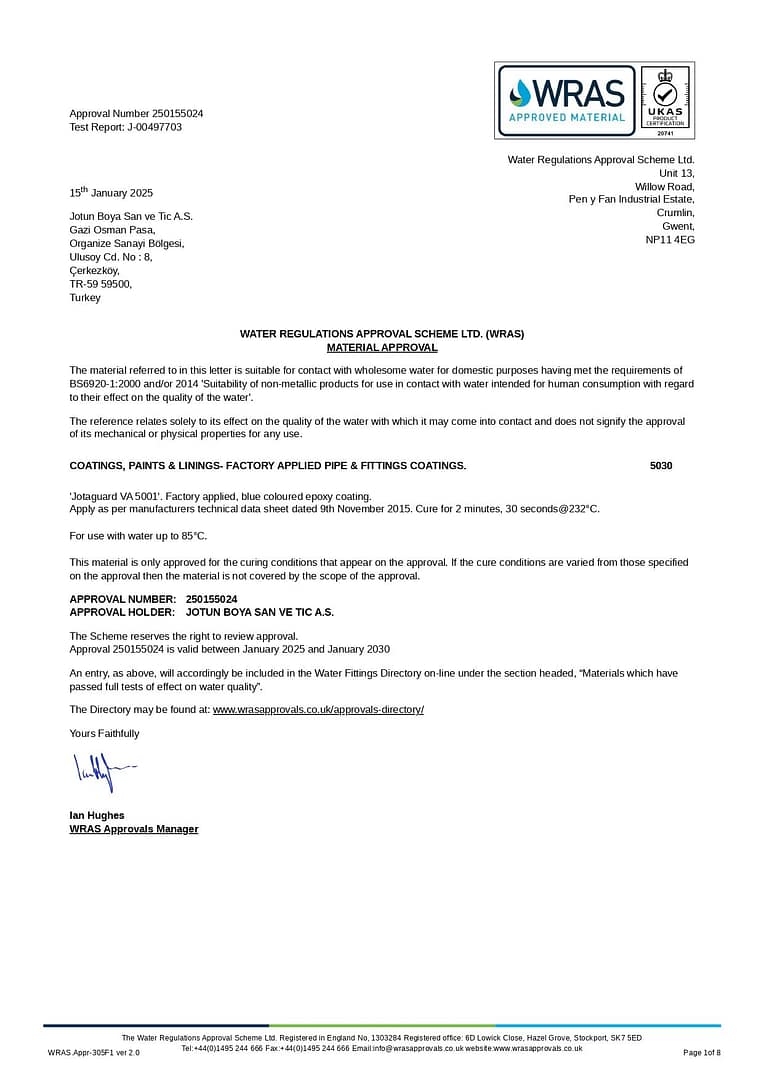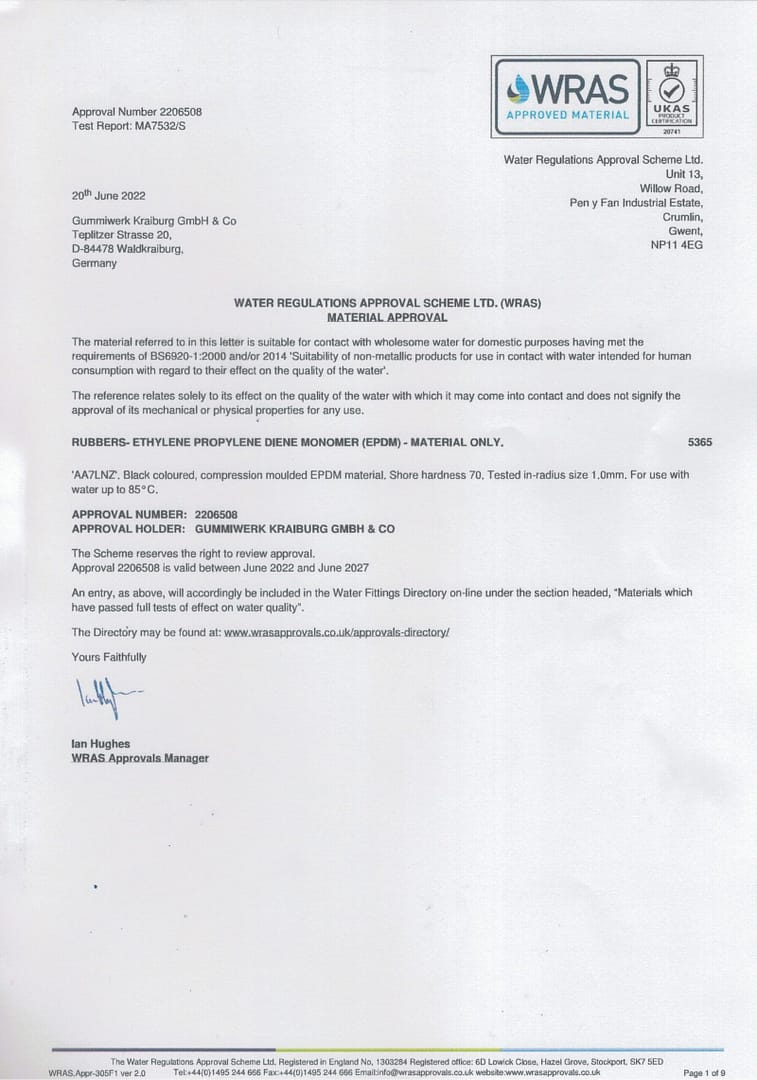Our Products
Discover Devinsan’s durable fittings and flow control products designed for water supply, wastewater, irrigation, fire protection, and seawater applications. Trusted solutions to enhance your fluid management systems.
About Devinsan
At Devinsan, we specialize in delivering high-quality flow control products — including hydrants, fittings, and filtration systems — tailored for critical sectors such as drinking water, wastewater, agricultural irrigation, fire protection, and seawater systems.
With years of industry experience and deep insight into market demands, we are committed to providing innovative and dependable solutions designed for long-term performance and operational safety.
Devinsan components are manufactured in accordance with international standards and have earned trust in a wide range of infrastructure and superstructure projects across the globe.
Thanks to our robust supply network and engineering expertise, we proudly export our products to over 10 countries worldwide, underscoring our dedication to global quality and customer satisfaction.
Choose Devinsan — where quality meets reliability.

Explore Our Product Range
Discover our high-quality flow control and fire protection solutions designed to meet your industry needs.
Durable and reliable solutions for controlling water flow in various applications
Precisely engineered products offering smooth operation and superior flow control, ideal for a wide range of industrial and commercial applications.
Prevent backflow and maintain system efficiency with our premium non-return solutions

Why Choose Devinsan?
At Devinsan, we combine decades of industry expertise with advanced manufacturing technology to deliver high-performance hydrants, fittings, and flow control solutions tailored to your unique needs. Our dedication to quality ensures compliance with international standards and long-lasting reliability — even in the most demanding conditions.
Partnering with Devinsan means you benefit from:
Exceptional product durability and consistent quality
Short lead times to keep your projects on schedule
Tailored solutions for water treatment, agriculture, fire protection, and wastewater systems
Expert technical guidance and responsive customer support
Proven international export experience across 10+ countries
Choose Devinsan for dependable systems that ensure smooth, efficient, and secure operations.
Industry Solutions
Discover how our high-quality fittings and flow control products serve a wide range of industries. Our customized solutions ensure maximum efficiency and reliability tailored to your sector’s unique needs.

Water Treatment & Supply
Our products ensure safe and efficient water management in municipal and industrial water treatment plants.

Wastewater Management
Durable, corrosion-resistant components engineered for efficient wastewater control and treatment

Agricultural Irrigation
Reliable flow control solutions to optimize irrigation systems, helping conserve water and improve crop yields.



Fire Protection Systems
Certified, heavy-duty hydrants and fire suppression components built for rapid and reliable performance



Industrial Applications
Heavy-duty components tailored for diverse industrial operations, ensuring safety and long-term durability



Marine & Offshore
Corrosion-resistant solutions designed to withstand harsh marine environments.
Quality & Certifications
Quality Commitment
We prioritize quality at every stage of production to deliver durable, safe, and efficient products. Our continuous improvement and strict quality controls keep us at the forefront of the industry.
Our Certifications
Our certifications prove our commitment to excellence and compliance with international standards, ensuring the safety and reliability of our products worldwide.
We continuously invest in innovation and quality to expand our certifications and meet evolving industry needs.
Knowledge Center



Explore more in our Knowledge Center
Frequently Asked Questions about Flow Control
What is the difference between a gate and a butterfly valves?
Gate valves are ideal for fully open or fully closed flow control, offering minimal pressure drop. Butterfly valves are more compact and suitable for applications requiring throttling or frequent operation.
How to choose the right product for your application?
Consider fluid type, temperature, pressure, and throttling requirements. Also evaluate installation space and industry standards like WRAS, ISO, and ANSI. Our expert team is ready to help you find the best solution.
Which sealing materials offer the best chemical and temperature resistance?
Viton and PTFE seals are widely used for their excellent chemical resistance and durability at high temperatures. Choosing the right material depends on fluid type, operating temperature, and pressure to ensure optimal performance and longevity.
Contact Devinsan
Reach out to our team for inquiries, quotes, and technical assistance







